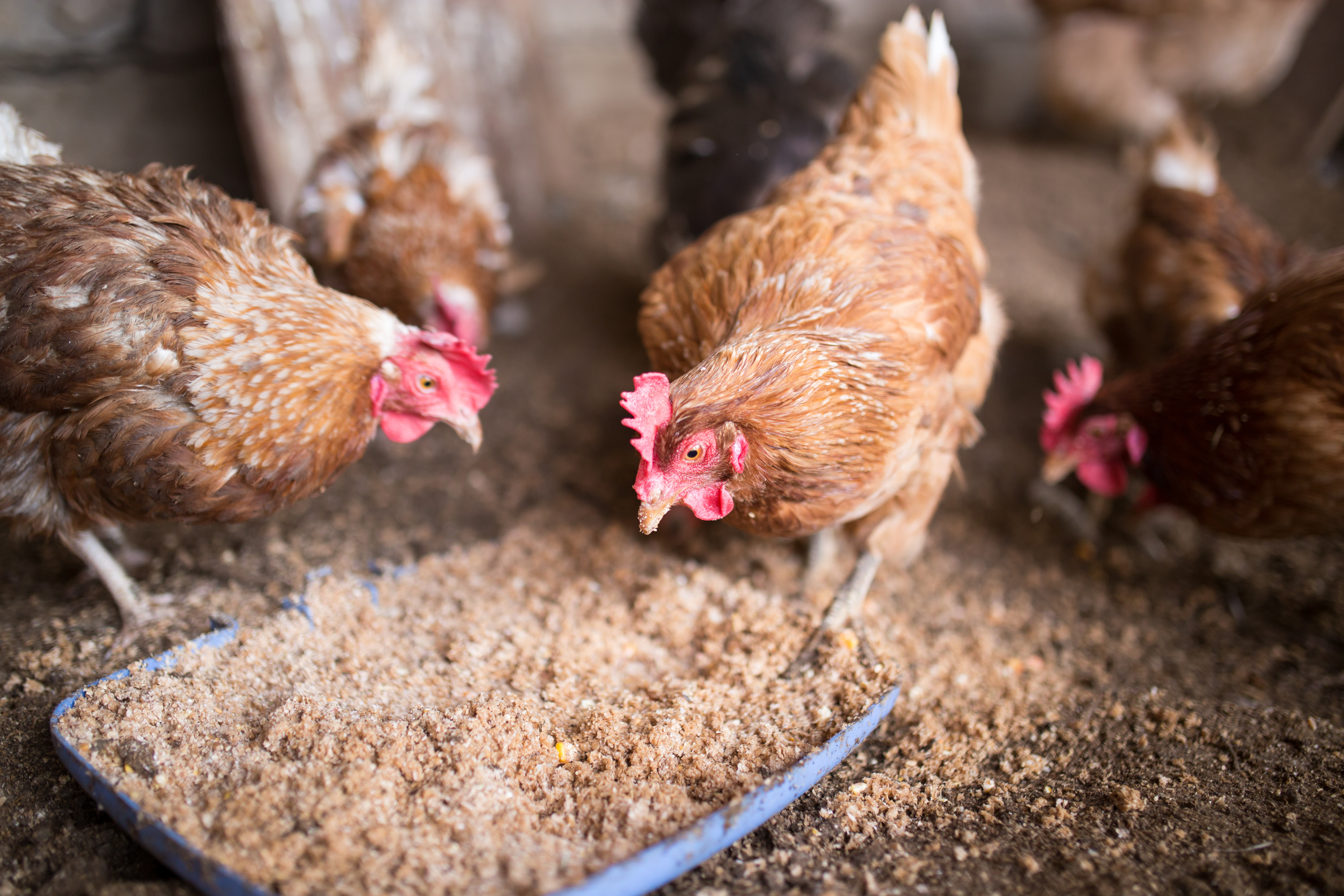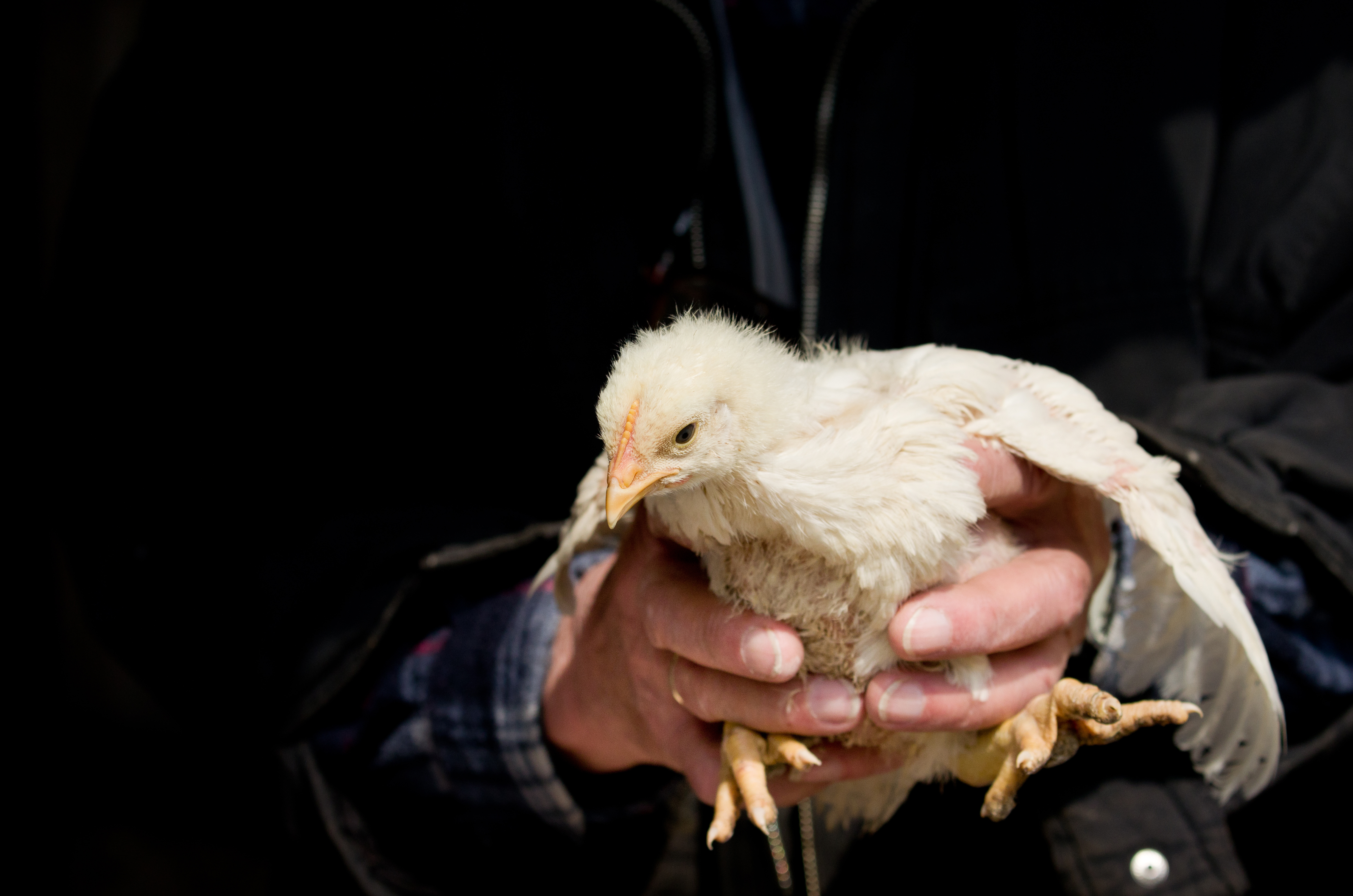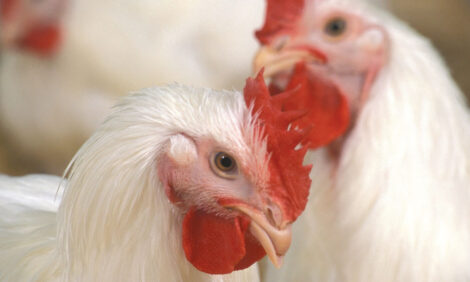



Ten natural tips for healthy poultry growth
According to the National Chicken Council, in 2018, more than 9 billion broiler chickens were hatched, and more than 40 billion pounds of chicken meat were produced. This resulted in the US being the largest broiler chicken producer in the world.One of the most important things to do while raising chickens is to provide a stable natural environment for them to live in and grow. If you’re currently raising or considering raising chickens, there are several things you can do to make your venture successful.
Whether you’re raising chickens as a commercial venture or to supplement your home pantry, raising healthy birds is a worthwhile investment of time and effort. Regardless of your reason for buying hens and roosters, their diet and the environment will both impact their health.
Tips to raising healthy poultry
Raising healthy poultry serves many purposes. Happy chickens living in a stress-free environment produce larger eggs, and higher quality meat, when compared to chickens living in overcrowded coops.
Select the right breed
Research is a key factor here. Are you getting chickens so that you can have a large supply of eggs, are you looking for chickens that will produce a large amount of meat, or both?
If you’re looking for a large volume of eggs, we recommend the Golden Comet breed. They’re relatively calm, can be raised near other animals, and lay between 250 and 300 eggs a year.
For a meat-producing bird, we like the Buckeye breed because they’re resilient! They’re designed for the cold, but can thrive in most environments, and they’re disease resistant. They weigh about nine pounds when they’re grown, and they have a beautiful color as well.
Our favorite dual-purpose chicken is the Black Australorp. Males weigh between 8.5 and 10 lbs, and females are between 6.5 and 8.0 lbs. This breed also lays an average of 250 eggs a year, which is pretty incredible. Although they may be a little shy at first and do well in a coop, you should allow them some space to roam so they can forage for bugs and other critters.

Maintain the coop
This may seem like a no brainer, but you’ll want to keep the water source clean, fresh, and change the water daily. Provide a safe coop with adequate lighting. Having a safe, indoor space is essential for your birds, and consider adding a small heating unit for the winter.
Also, regularly check your coop for any signs of damage or any loose areas of the fencing; this will help protect your flock from predators. Keeping your birds in an enclosed pen protects them from coyotes, stray dogs, foxes, and other animals.
Protect the flock against disease
Similarly to a house pet, you’ll want to make sure that you’re vaccinating your chickens against disease. Control insect and parasite infestations., this goes hand-in-hand with cleanliness and vaccinations.
Invest in quality feed
Maintain a good food source. Consider adding calcium and mineral-rich additives such as oyster shell grit or diatomaceous earth to grains. This will not only enrich the diet of the chickens, but added calcium will also help produce strong eggs.
Commonly made mistakes
Although a lot of us have been raising poultry for some time, there may be some people who are just getting into raising roosters and hens. Here’s a list of the five things we wish we were told when we started raising our flock.
The golden ratio
Depending on the breed, the ratio of hens to roosters is going to vary, but we recommend a 12:1 ratio, so for every 12 hens, you should have 1 rooster. If you have too many roosters, then your hens will be mated too often, and they end up missing feathers, having bear backs, and can even be injured.
Not taking inventory of your flock
When we first started raising chickens, we let them roam around during the day and coaxed them back into the coop at night. However, we weren’t counting how many were there. This leads to multiple chickens “disappearing” over time.

Not reading up on the law
As with anything else, laws will vary county to county and state to state. It’s important to read up on the different ordinances about raising chickens to avoid hefty fines while raising chickens.
Forgetting climate control
Depending on where you are, you may have a temperate climate or one that is on that is affected by temperature extremes. Try to include shaded areas for chickens to keep cool in, and if you live in a colder climate, consider installing a heater in the chicken coop so that your flock stays warm in the winter.
Forgetting to elevate the coop
This is a measure we recommend for several reasons. For starters, if you build a coop on the ground predators like stray dogs and foxes can dig a hole under the wall or fence of your coop and then wreak havoc on your flock.
You’ll also be protected from the elements. The bottom of the chicken coop will last longer because things like rainwater and the damp ground won’t cause the bottom to start rotting.
Enjoying your birds in the yard or on the table
It doesn’t matter if you’re raising chickens for personal consumption or as a business. Caring for chickens is the same, whether you have two birds or hundreds. The only difference is the amount of time needed for their care.








